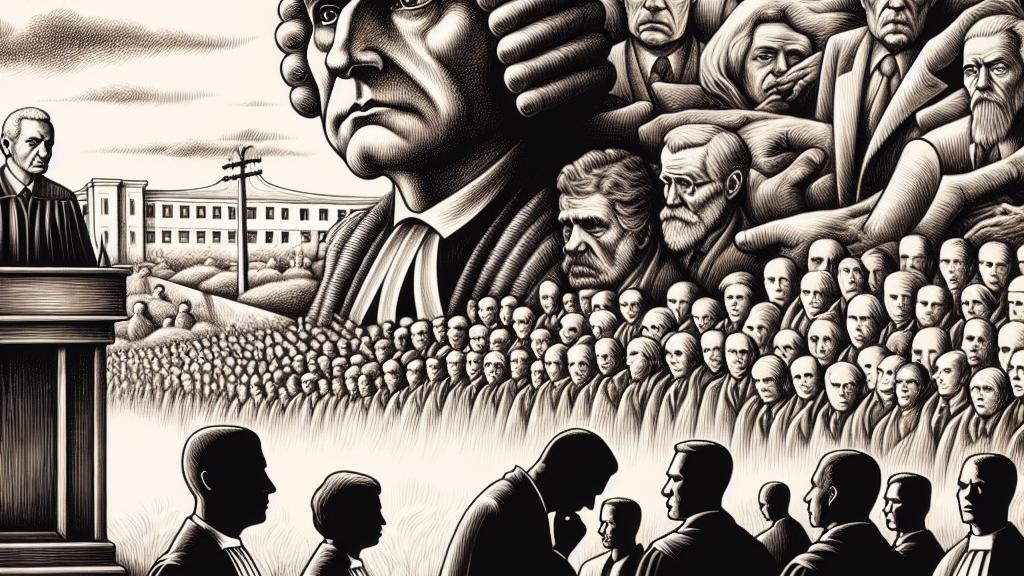Srettha's Fall: A Shocking Dismissal Shakes Thailand's Political Landscape!
Overview
- Prime Minister Srettha Thavisin dismissed for ethics violations linked to ex-con minister appointment.
- The Constitutional Court ruling results in the resignation of the entire cabinet, now in a caretaker role.
- Thailand faces political instability and uncertainty as parties prepare for the next leadership selection.

The Context Behind Srettha's Dismissal
In a significant twist for Thailand's political arena, Prime Minister Srettha Thavisin was dismissed following a ruling from the Constitutional Court that found him guilty of breaches in ethics. The case focused on his controversial decision to appoint Pichit Chuenban, a cabinet minister with a history of bribery convictions, effectively ending Srettha's tenure after less than a year in power. The court's ruling also mandated the resignation of the entire cabinet, leaving ministers to serve in a caretaker capacity amidst a backdrop of growing public concern regarding ethical governance. This decision clearly illustrated the tension between political power and legal accountability in a country grappling with repeated political crises.
Implications for Governance and Policy
Srettha's dismissal raises immediate questions about the future of key government policies that he had championed, including the ambitious 10,000-baht digital wallet scheme designed to stimulate the economy. With the cabinet's caretaker status limiting their capacity to initiate new projects, analysts predict possible delays in vital economic initiatives. The market responded negatively to the ruling, showcasing investors' apprehension about political stability in Thailand. This situation highlights how intertwined judicial actions and political processes are, affecting both public trust in government and the overall economy. Understanding these dynamics is crucial as Thailand navigates the complex aftermath of this significant political event.
The Road Ahead: Navigating Political Turbulence
The political landscape in Thailand is now shifting once again as parties work quickly to nominate a new Prime Minister. With the potential for political deals and realignments among party factions, the upcoming leadership selection will be critical for restoring stability. Public sentiment is increasingly demanding accountability and reform, particularly given the shadow of former Prime Minister Thaksin Shinawatra's return, which adds complexity to the current situation. As various parties maneuver for power, there's a growing call for dialogue between progressive and traditional political forces. The path forward remains uncertain, highlighting the ongoing struggle for democracy and ethical governance in a nation where power dynamics frequently shift amid societal unrest.

Loading...